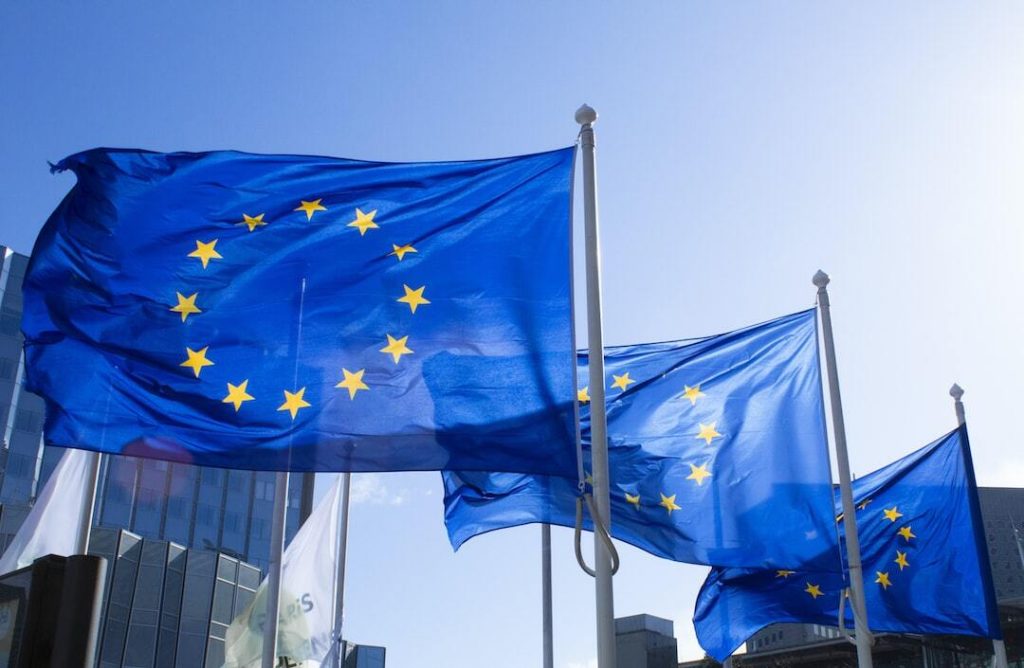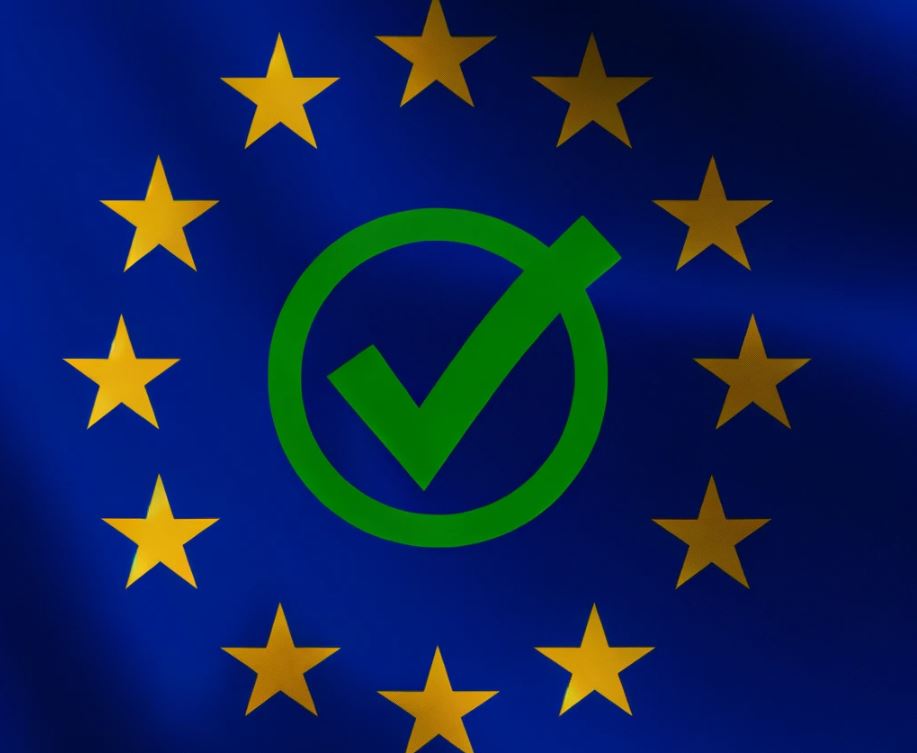The European Parliament has approved the DAC8 law to restructure the tax reporting rules for crypto transactions, covering the whole European Union. With a substantial majority of 535 votes in favor against 57, and 60 abstentions, this pivotal rule is primed to be enacted into law, being effective from January 1, 2026.
This move could significantly change the EU’s Directive on Administrative Cooperation (DAC) by requiring a mandatory reporting protocol for crypto asset providers covering all EU clients, thus increasing transparency and coherence of information reporting between EU tax authorities. This encompasses entities of varied scales and geographical locations.
Under DAC8, RCASPs are mandated to report a broad range of transactions including, but not limited to, crypto-asset exchanges, transfers involving fiat currencies, and dealings between different crypto assets, with specific emphasis on preventing users from exchanging transactions if the required data is not provided after two reminders and not before the completion of 60 days.

Member states are allotted until December 31, 2025, to assimilate and implement the nuanced provisions of this directive before its formal instigation on January 1, 2026. This timeline facilitates ample preparatory duration for the realization of regulatory adjustments and comprehensive alignment with the MiCA regulations.
The Commission also builds on the definitions used in MiCA for service providers and crypto-assets. In setting up the framework, and taking account of the impact assessment’s result, the European Commission aims to find a middle ground between the granularity of the information requested and administrative burden on crypto-asset providers. – the DAC8 document states on europarl.europa.eu website.
The European Commission predicts that the enforcement of this comprehensive reporting framework could potentially accrue additional tax revenue between €1 billion to €2.4 billion annually. The European Parliment Research Service (EPRS) impact assessment report also backs this up.
The EU’s commitment and leadership in developing the regulatory framework for the crypto system is demonstrated by the adoption of DAC8, which is a progressive stance in crypto transactions. However, this heightened surveillance law seemingly does not impact self-custody solutions along with their users and developers, maintaining a balanced ecosystem in the crypto realm.




